John Hurrell – 9 November, 2009
This seems a particularly focused Youle exhibition, without the wider range of art forms and content-types he has often shown in the past.
Wayne Youle now having his fourth solo show at Tim Melville’s. Highly regarded for his domestic-sized, inventive wall sculptures and images, he follows in the footsteps of Peter Robinson with an interest in post-colonial politics that is accompanied by a fierce scrutiny of bicultural assumptions. He likes to challenge both ‘Maori’ and ‘Pakeha’ givens, often using advanced industrial technology that is subcontracted - in a similar manner to some other artists, like say Eddie Clemens.
This seems a particularly focussed Youle exhibition, without the wider range of art forms and content-types he has often shown in the past. Here there are eight works: four are DNA sculptures made of snooker balls, two are of screenprinted paper bag ‘ethnicity’ masks – a photograph and a set of paper bags, one is a horizontal cross of large granite scrabble tokens, and the last is a postcard of a ‘Maori maiden’ evenly perforated with holes.This se Four sorts of image only.
With a suite of snooker ball sculptures for DNA molecular structures, Youle demonstrates his characteristic wit. In his proposed genetic ball and stick models for Maori and mongrel (‘pure’ and ‘impure’) genes, the Maori structures use only red, black and white spheres – the traditional Maori colour scheme. The humour has unexpected layerings with the snooker balls of the ‘mongrel’ gene incorporating European eyeball ‘iris’ hues and circular airplane decals. The Maori DNAs float like little balloons hovering above their shiny black granite plinths, whereas the Mongrel one has no impeding weight, and is fastened to the wall.
Another work, Token Maori is a horizontal cross of black granite scrabble tokens that look like tombstone markers, and seems a pithy comment on Maori literacy levels, scrabble being linked to higher education. The plane shape is perhaps an aside on social mobility. With the granite being linked to death and weight, for economic ‘flight’ tokenism is perhaps seen as counter-productive.
With the I am what you make me photograph of the artist wearing the two types of paper bag, with their screened-on labels of Maori and Pakeha, Youle is commenting on his own changing mind sets over the course of one day, vacillating between the two community positions, and also referring to the preconceptions of the people he encounters. Some Maori will consider him fair skinned and a Pakeha, while many Pakeha will view him as dark and Maori.
This interest in light and dark continues further in his use of a tourist postcard. It depicts a beautiful young Maori woman in traditional attire seated amongst specimens of native bush. Not only is she radiant (as a drawcard for tourists) but the postcard with its grid of circular perforations, is too. It is float-mounted in front of white backing so that reflected light from behind bounces through the holes, making the image ethereal and dazzling. Youle calls it Star Light – Star Bright.
Token is a shrewd, super tight, multi-layered exhibition that has lots of conceptual links between the different artworks and their materials - teasing out the connotations of light versus dark and light versus heavy, and applying these as metaphor to historical socio-economic circumstance. It’s admirable mix of vitality, cohesion and observant commentary make it one of the best shows on in Auckland.
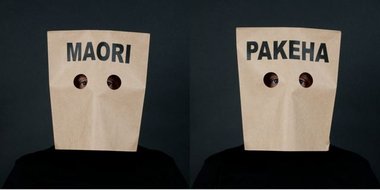
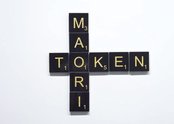


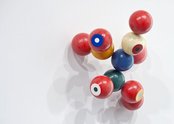
 Two Rooms presents a program of residencies and projects
Two Rooms presents a program of residencies and projects Advertising in this column
Advertising in this column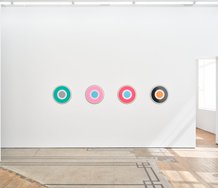
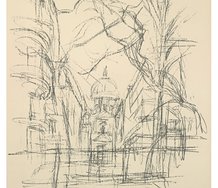
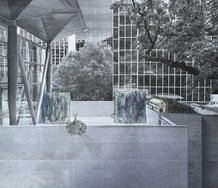
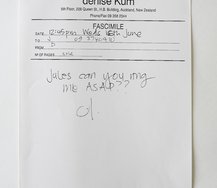
This Discussion has 0 comments.
Comment
Participate
Register to Participate.
Sign in
Sign in to an existing account.